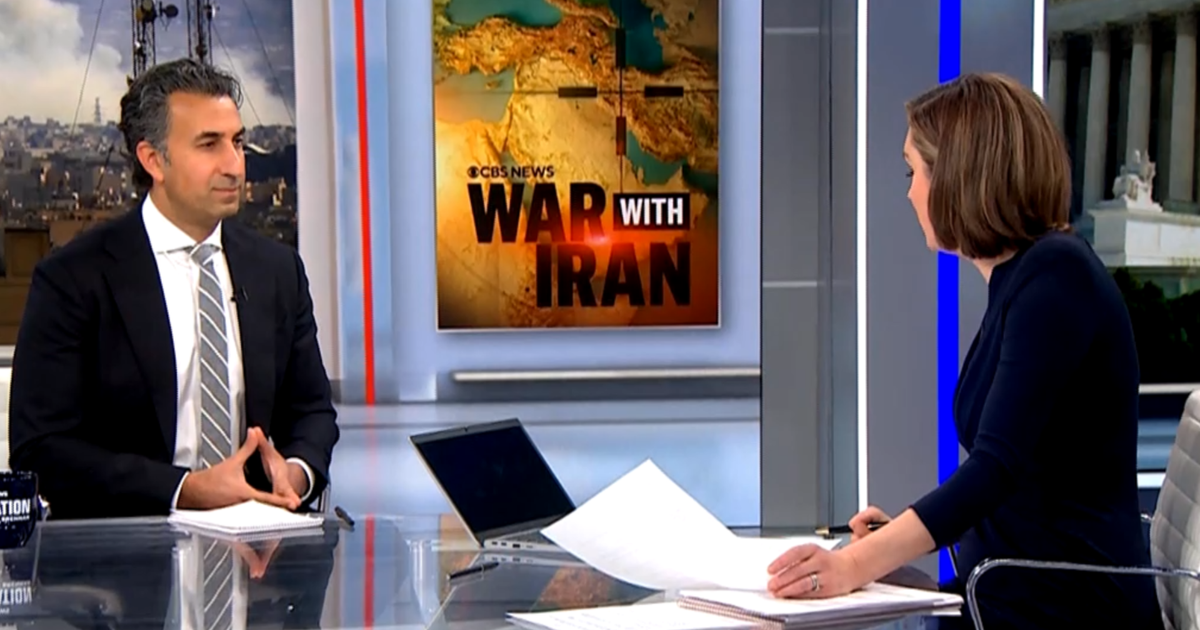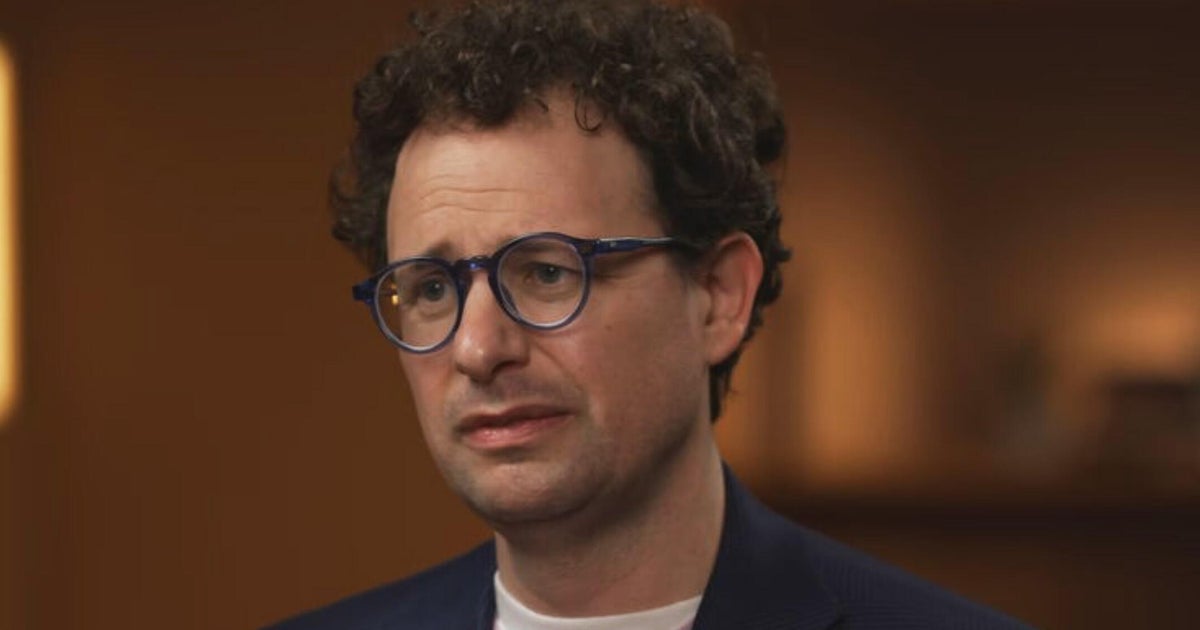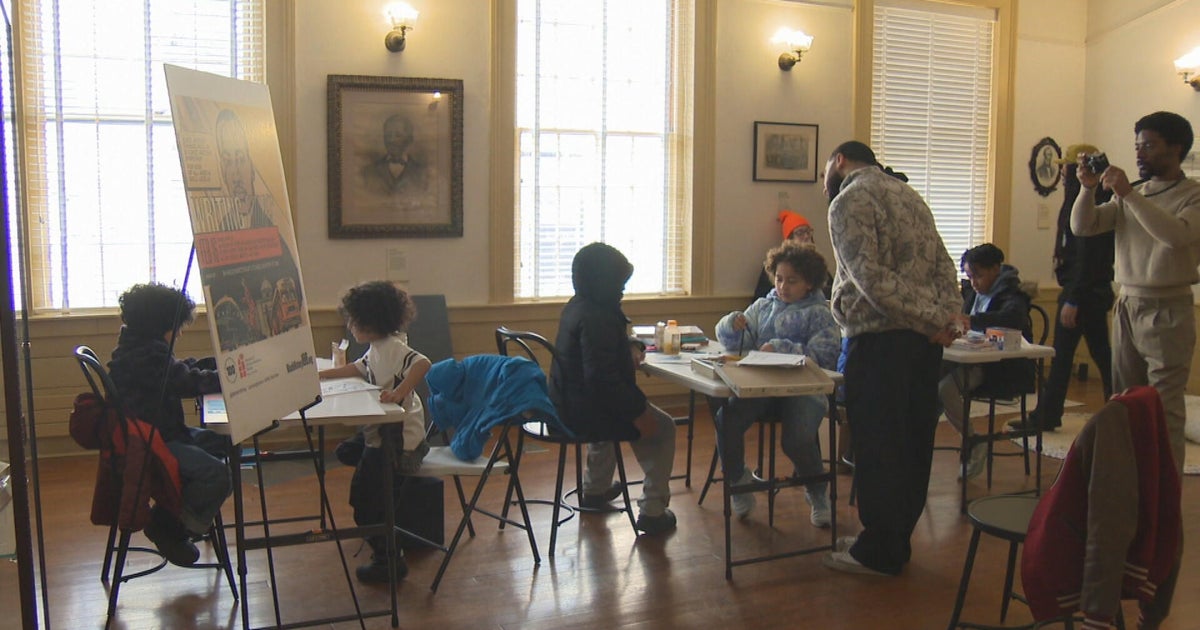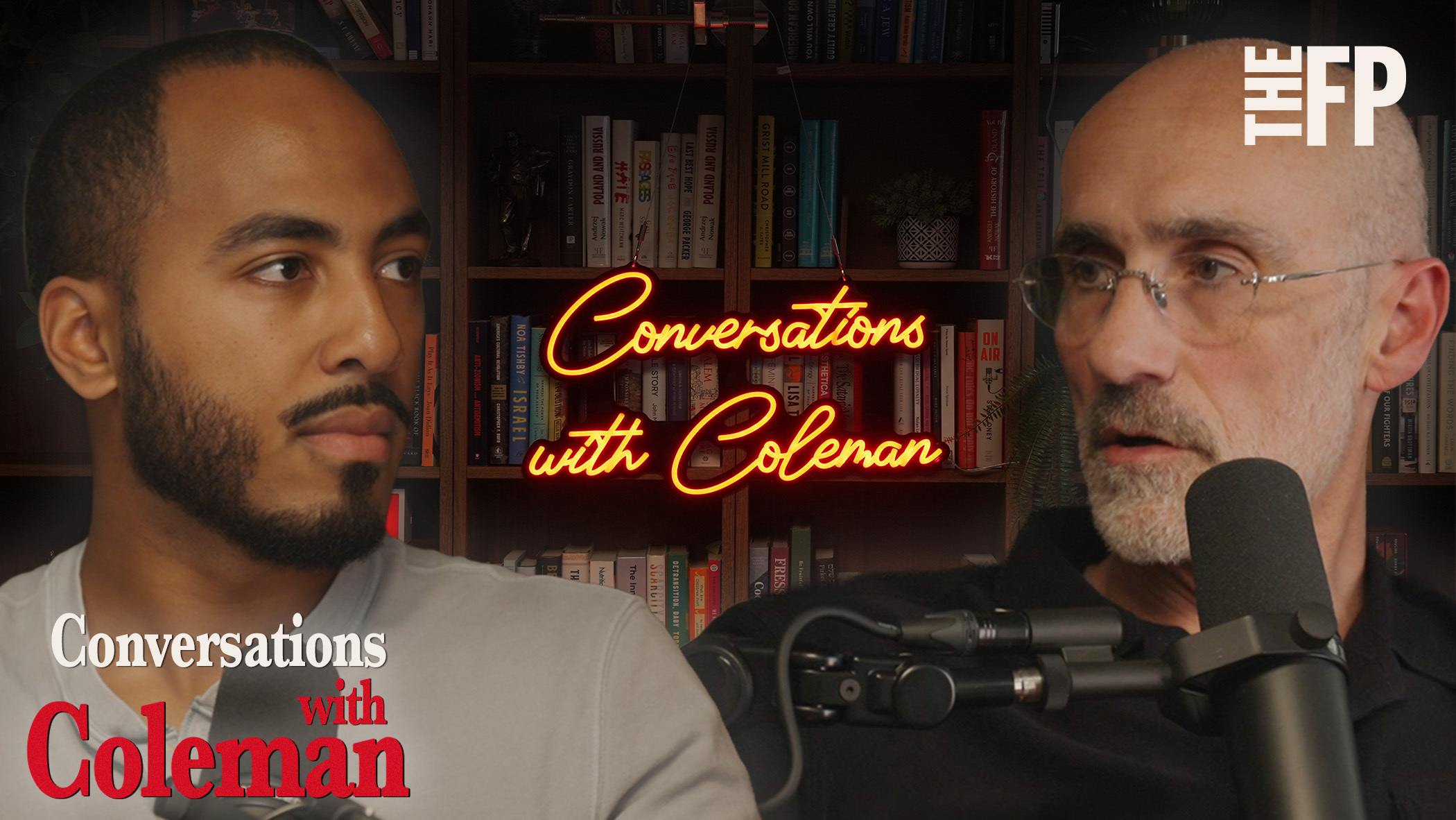Transcript: Dr. Luana Marques discusses anxiety and coronavirus on "Face the Nation," April 5, 2020
The following is a transcript of an interview with Dr. Luana Marques that aired Sunday, April 5, 2020, on "Face the Nation."
MARGARET BRENNAN: Isolation, stress, uncertainty are just a few of the mental health challenges affecting the country during this crisis. Dr. Luana Marques is the president of the Anxiety and Depression Association of America. She also teaches at Harvard and practices at Massachusetts General Hospital in Boston. That's where she joins us from this morning. Doctor, it is really hard to think of any kind of comparative event to what we are going through right now. The president has said he expects massive drug use, massive depression, massive numbers of suicide, disease. As a medical professional, is that the mental health impact that you're seeing?
DR. LUANA MARQUES: MARGARET, It's really difficult for a lot of my patients and certainly the mental health of the country in general. I think before we even talk about the magnitude, it is important for us to first remind our country that it is okay not to be okay right now. It's important to remind our country that it's okay to have strong emotions. And this is why, as we turn on the news every morning and we're hearing stories of death, of loss of economy, of grief and sadness, we quickly start to feel our heart pounding and we feel the sense of tension, anxiety, and fear. And that is our normal fight or flight response, our biologically adaptive response in moments of tension. We just heard the president and Doctor Fauci talk about the next week being a very difficult week. And so the first thing I want to talk about before we even get to the magnitude of this is to remind our fellow Americans, all of us might have some of this adaptive response, and that's okay. It's just up to a point, eventually it does become too much.
MARGARET BRENNAN: So what are you telling people to do about that?
DR. MARQUES: There are three things that I think are really important for us to do, MARGARET. The first one is to remember that we are on the state of fight or flight and we need to do anything to cool off our brain. So the three ways that you can do right now if you're sitting at home. The first one is to remember to unplug and to anchor. And what I mean here is give your brain a break from the news a little bit, allow your brain to settle. And I know it's hard to do it right now. So by unplugging, you're bringing down that fight or flight. And then what I encourage you to do is to anchor on something that closes your brain off: walking, meditation, calling a friend. The second thing I urge all of us to do, and this is not optional, is to charge up, is to be able to eat, sleep and exercise. Those three things are things that we know help our mental health, but also help your immune system. So figure out what you're going to do, how are you going to do it and why you're going to do it. And anchor in something that gets you going. For me, I've been walking and exercising because it's important for me to stay healthy for my family and for my patients. And finally, I urge us to be of service. We know that helping others not only makes them feel better, but also ourselves. So let's call an elderly neighbor. If you can afford, send food to those that actually need it or if you're sitting at home and you know how to sew, let's sew masks and help those that need it right now.
MARGARET BRENNAN: Well, what about those who don't have the luxury of staying home? The medical workers in particular, how do you counsel them to continue going back in and helping people when they themselves may be in distress?
DR. MARQUES: So some of the techniques I mentioned are important to them, but you're absolutely right, MARGARET, they're really suffering. I did a webinar at Harvard Medical School this week for first responders, and I heard questions like, what do I do if I'm about to have a meltdown in the emergency room? How do I cool off my brain after an 18-hour shift? And that's not unique to the Harvard community. We've seen this globally. New research coming out from China published in JAMA Psychiatry shows that first-line responders are reporting 40- 50 percent more depression, 40 percent more anxiety, and 35 percent are reporting difficulty sleeping. So I'm going to urge them to really figure out how to cool off their brain. One of the suggestions I gave to a friend who is a doctor is if you are in the emergency room and you're rushing around and you're about to go from room A to B, take a moment to breathe. Just 30 seconds. You can cool off your brain. Turn your phone off for a little bit. Transition. I'm going home without listening to the news and rely on your fellow first responders. They are your source of support and- and they're here for you. And as mental health professionals, we are also here for you.
MARGARET BRENNAN: All right, doctor, thank you for your advice.



